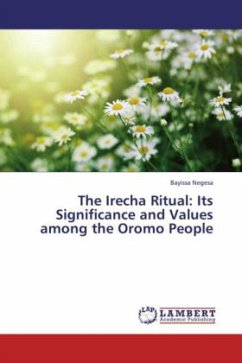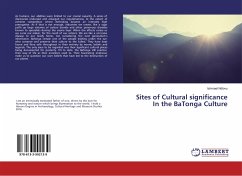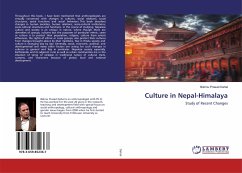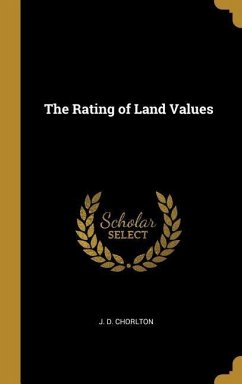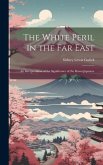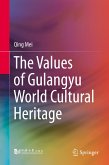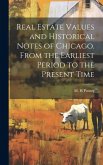The Irecha ritual is an indigenous Oromo ritual with a long history. Currently, this indigenous ritual is facing a problem of understanding about its purpose by different social groups. Scholars formulated different ideas on its purposes. Many studies have dealt with the Oromo culture, but only a few looked at the purposes and the significances of the Irecha ritual. This book, therefore, revealed the purposes (whether religious, cultural and/or both), the symbolic representations, the significances, and also the changes and continuities that faced the ritual. The book has four separate chapters such as introduction (like background, statements of the problems, methodology), related literature on the concept of rituals, the historical and sociocultural background of the Oromo in general and Tulama Oromo in particular, and finally the purposes, significances, symbolic interpretations, the gender participation in the ritual and the changes and continuities that faced the Irecha ritual. The analysis is useful for all professionals that are willing to conduct their research on the Oromo culture and also for anyone else that are interested to have the knowledge on the Irecha ritual.
Bitte wählen Sie Ihr Anliegen aus.
Rechnungen
Retourenschein anfordern
Bestellstatus
Storno

